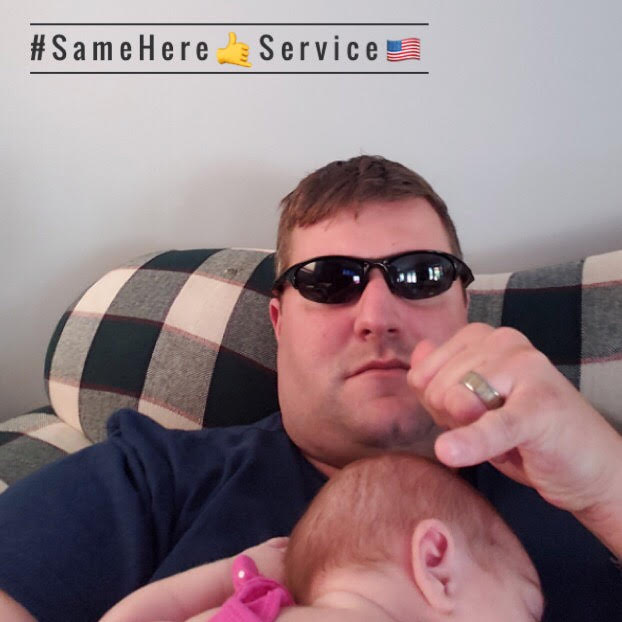Today’s #SameHere Hero: William Beckenhaupt
When we started this movement, I was asked if we were going to include MH challenges related to physical causes, or “only those that are truly MH in nature.” I didn’t even fully understand the question, bc in my mind, I never even saw a distinction. Why wouldn’t we? What does the source/cause of the condition matter? If someone develops MH complications for ANY reason, they are part of the same group. Life traumas, genetics, and yes, physical traumas can and do ALL cause MH complications to varying levels, in ALL of us.
We need to be unified in this battle, not separated. There are so many “physical” diseases out there that we believe can be a result of genetics, or diet, or lifestyle, etc. But when someone develops “heart disease” for example, we don’t separate them into buckets as to what caused it. Why do we do this for MH? Our societal understanding and treatment of this topic is so backwards.
Enter Daniel Carcillo, 2x Stanley Cup Champion. He put out a video the other day (4+ million views and counting) about his traumatic brain injuries (TBIs), some of the MH complications that came from them, and most importantly – what he, his team of doctors, and the gym he owns are doing to HELP himself and ppl in similar spots.
After a follower tagged us both on his message on twitter about Daniel’s video, I left my number, and an hour and a half conversation ensued. This guy “gets it” and I look forward to working w him and his team. More to come on that.
The beauty of social media, William, our hero and retired military serviceman, got in on the twitter convo with us, and after some good debate about “categorizations” and MH, William and I started talking offline. This man is awesome! Open to sharing his story of his service, his battles with PTSD and TBIs, his challenges in finding the right treatments, and his desires to help others. William, on behalf of all of us, thank you for your service…and thank you for sharing your story. #SameHere, brother!
“I joined the military when I was 21 and went in with the aspiration of becoming a green beret. I did 3 weeks at airborne school where I had a few rough landings.
When I finally got to my unit after destroying my knee and having a few other concussion causing events, I continued my career as an airborne infantry soldier. After a few more bad jumps, I went to iraq with my unit.
Numerous mortar and rocket attacks on my FOB (forward observation base) led to events that weren’t as severe, but more minute and constant in nature. I must add that some of what I saw over there also manifested in PTSD as well. When I returned from Iraq, I felt the stigma that is often in the lower ranks of mental health was a red flag for being a major liability and also a sign of weakness.
I had several suicidal events that I was too afraid to bring up, for fear of what it would do to my career. Eventually I was medically discharged for my knee injury.
I felt worthless and alone. I segregated myself from others including my wife and family. When I returned home as a veteran, I tried to bury my thoughts and fears and refused to get help for fear that it would affect my ability to become a police officer.
I finally decided to seek that help after I was in 2 car accidents, that happened as a result of my PTSD and traumatic brain injuries. I went in to a PTSD program and that’s when I found our I also had the TBI. I began getting treatment for both.
I used cpt to help with PTSD, and because of my military record not showing any concussion history, I cant get treated for TBI, but can get treatments for the symptoms at the va hospital.
I also used the feinberg center, which is a phenomenal center funded by northwell health group. I did couples counseling to help my wife understand what I was going through as well to help me understand how distancing myself from my family affected her as well. I continue to use the mental health services through the va in order to continue my road to recovery.
I feel like the people in my life were more relieved to know I was finally getting help, but also concerned with how bad it had actually gotten. A lot of people didn’t know or understand why I was the way I was. But my friends and family have remained supportive of me and my #SameHere story, and my quest to help others overcome their demons and health issues.”


